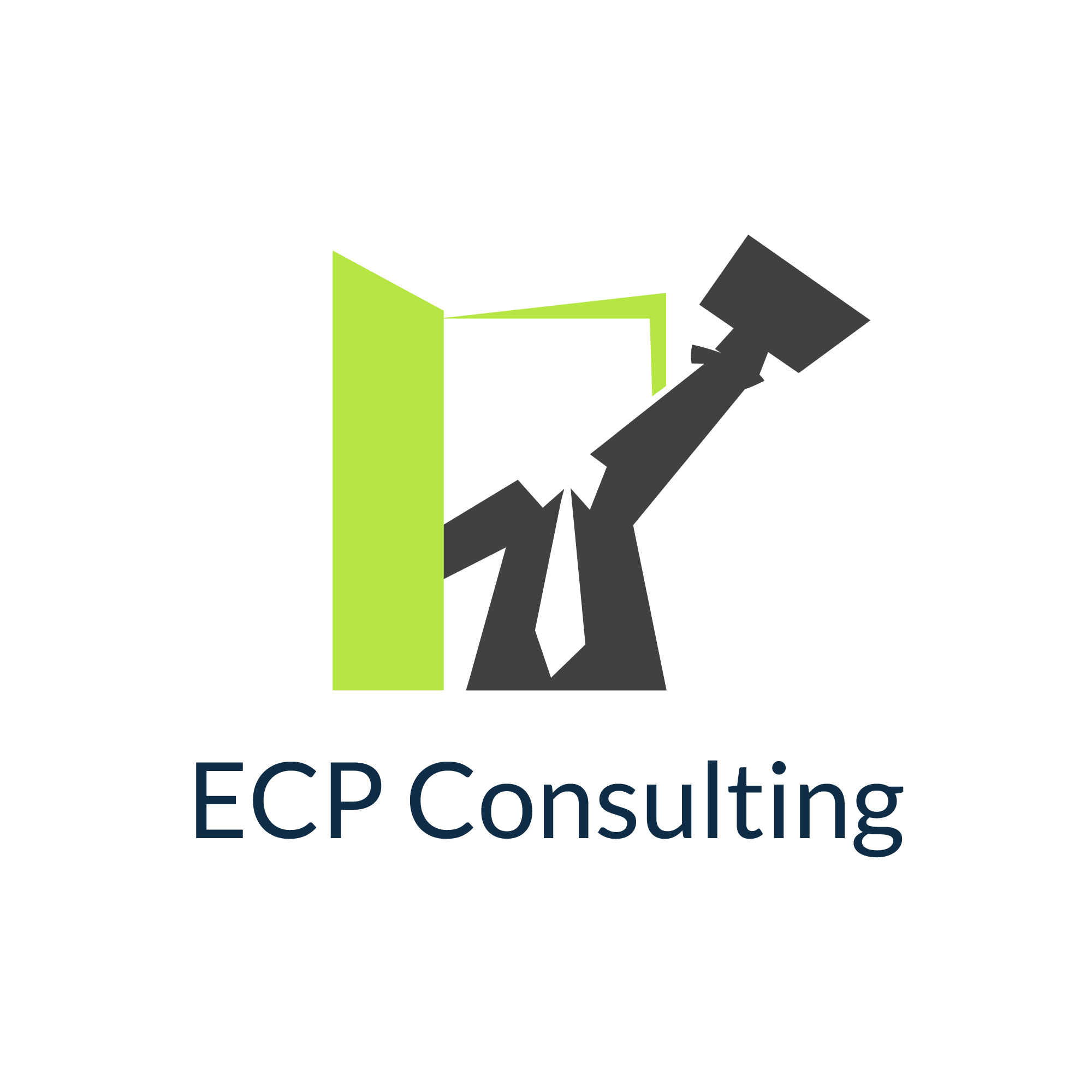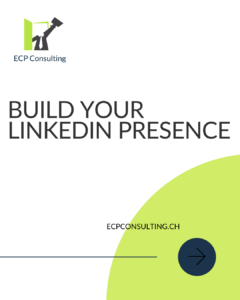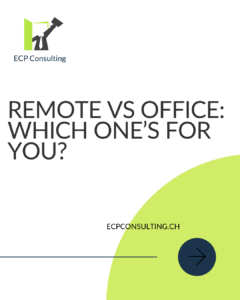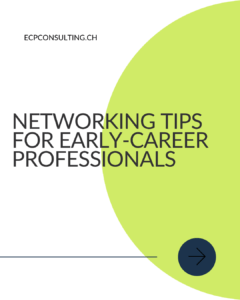Landing your first job interview is an exciting milestone, but it’s also natural to feel a bit nervous. For early career professionals, interviews can be particularly daunting, given the limited work experience and high stakes. However, with proper preparation and a confident mindset, you can make a lasting impression on your potential employer. In fact, a survey by Jobvite found that 87% of recruiters are highly influenced by the interview performance, making it a critical step in your job search journey.
In this guide, we’ll cover essential tips to help you ace your first job interview, from preparation to follow-up strategies. Let’s get started!
1. Research the Company Thoroughly
Understanding the company’s mission, values, and recent achievements is key to demonstrating your interest and alignment with their goals. Visit their website, read recent news articles, and explore their social media channels.
Pro Tip:Look for mentions of the company’s culture and growth plans. You can use this knowledge to tailor your answers and show how you’re a good fit.
2. Understand the Job Description
Carefully review the job description to identify the skills and responsibilities required. Prepare examples from your academic, volunteer, or internship experiences that highlight your ability to meet these requirements.
Pro Tip:
Use the STAR method (Situation, Task, Action, Result) to structure your responses when discussing your experiences.
3. Practice Common Interview Questions
While every interview is different, there are common questions you can prepare for, such as:
- “Tell me about yourself.”
- “Why do you want to work here?”
- “What are your strengths and weaknesses?”
Pro Tip:
Practice with a friend or mentor to refine your responses and get comfortable speaking about yourself.
4. Dress for Success
Your attire should reflect the company’s culture and the level of professionalism expected in the role. When in doubt, opt for business casual or formal attire.
Pro Tip:
If you’re interviewing virtually, ensure your background is clean and well-lit, and dress professionally from head to toe.
5. Prepare Questions to Ask
Asking thoughtful questions shows that you’re genuinely interested in the role and the company. Examples include:
- “What does a typical day look like for someone in this position?”
- “What opportunities for growth and development does the company offer?”
6. Master Non-Verbal Communication
Non-verbal cues like eye contact, posture, and facial expressions play a significant role in how you’re perceived. Sit up straight, smile naturally, and maintain eye contact to exude confidence.
Pro Tip: Practice mock interviews in front of a mirror or record yourself to identify areas for improvement.
7. Be Ready to Discuss Salary (If Asked)
As an early career professional, you may not have extensive salary negotiation experience. Research industry standards for entry-level roles in your field to provide a reasonable range if asked.
Pro Tip:
Use resources like Glassdoor or PayScale to understand salary benchmarks for the role.
8. Follow Up After the Interview
Send a thank-you email within 24 hours of the interview to express your gratitude and reiterate your enthusiasm for the role. Mention specific topics discussed during the interview to make your email personalized.
Sample Thank-You Email:
Subject: Thank You for the Opportunity
Dear [Interviewer’s Name],
Thank you for taking the time to meet with me today. I greatly appreciated learning more about [Company Name] and the [Position Title] role. Our discussion about [specific topic discussed] was particularly exciting, and it further solidified my interest in contributing to your team.
Please don’t hesitate to reach out if you need any additional information from me. I look forward to the possibility of working together and contributing to [Company Name]’s success.
Best regards,
[Your Name]
9. Learn from Every Interview
Not every interview will lead to a job offer, and that’s okay. Take time to reflect on each experience, noting what went well and areas for improvement.
Pro Tip:
Ask for feedback if you don’t get the job. Many recruiters and hiring managers are happy to provide insights to help you grow.
10. Stay Positive and Confident
Confidence is key, even if you’re feeling nervous. Remember, the interviewer wants you to succeed—they wouldn’t have invited you otherwise!
Pro Tip:
Visualize a successful interview beforehand to boost your confidence. Deep breathing exercises can also help calm your nerves.
Conclusion
Acing your first job interview may feel intimidating, but with preparation, practice, and a positive mindset, you’ll be well on your way to success. Remember to research thoroughly, practice your responses, and focus on showcasing your unique strengths and enthusiasm. Each interview is a stepping stone to your dream career, so embrace the process and keep learning along the way. Good luck, and here’s to landing your first job!



